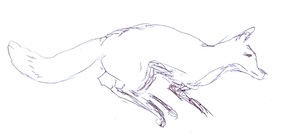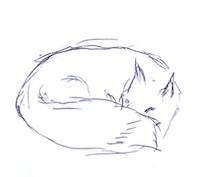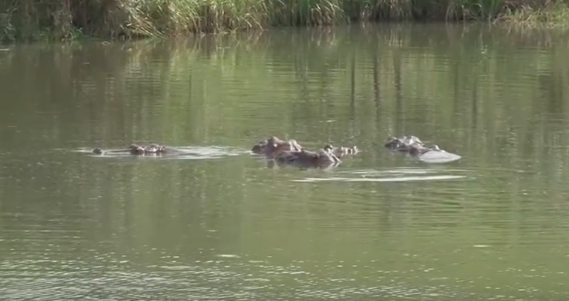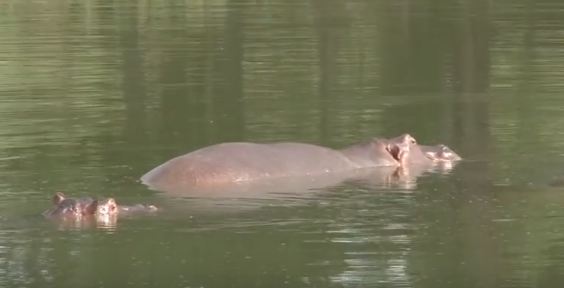being drawn to an author by an interview
Apr. 25th, 2025 07:26 pmDue to household habits regarding the radio, I end up hearing a LOT of radio and a lot of author interviews. Some of these people are funny, charming, surprising; others are self-important grandstanders, others make you wince with vicarious embarrassment, on and on.
The other night I heard an interview with Chloe Dalton, the author of Raising Hare, about her experiences during covid raising a newborn hare. She was a happy urbanite, contented in her life, not the sort of person who does animal rehabilitation, but she had animal rehabilitation thrust upon her, and it transformed her. Eventually she decided to write up her experiences, but for a long time she had no intention of doing so.
( musings )
I've never understood why I have such a hard time reading books about people's experiences of the natural world and their relationship to it when it's such an important part of my own life and when I'm interested in what other people have to say. What I realized, listening to the interview, was that I like *conversation* for this topic. Direct, spontaneous talk. So I don't know if Chloe Dalton's actual book can duplicate the experience I had listening to her talk. (Here's the interview, by the way. It's almost 30 minutes long.)
Maybe I'd like it? I will put it on my to-read list so that I don't lose track of it, but mainly I'm just glad to have heard the interview.
What about you? Everyone who follows me here loves books, but are there some topics that you can't go to books for? (Topics you like, I mean.)
The other night I heard an interview with Chloe Dalton, the author of Raising Hare, about her experiences during covid raising a newborn hare. She was a happy urbanite, contented in her life, not the sort of person who does animal rehabilitation, but she had animal rehabilitation thrust upon her, and it transformed her. Eventually she decided to write up her experiences, but for a long time she had no intention of doing so.
( musings )
I've never understood why I have such a hard time reading books about people's experiences of the natural world and their relationship to it when it's such an important part of my own life and when I'm interested in what other people have to say. What I realized, listening to the interview, was that I like *conversation* for this topic. Direct, spontaneous talk. So I don't know if Chloe Dalton's actual book can duplicate the experience I had listening to her talk. (Here's the interview, by the way. It's almost 30 minutes long.)
Maybe I'd like it? I will put it on my to-read list so that I don't lose track of it, but mainly I'm just glad to have heard the interview.
What about you? Everyone who follows me here loves books, but are there some topics that you can't go to books for? (Topics you like, I mean.)












